NEWS
Opening Ceremony and Opening Discussion at the 2023 Stockholm Criminology Symposium
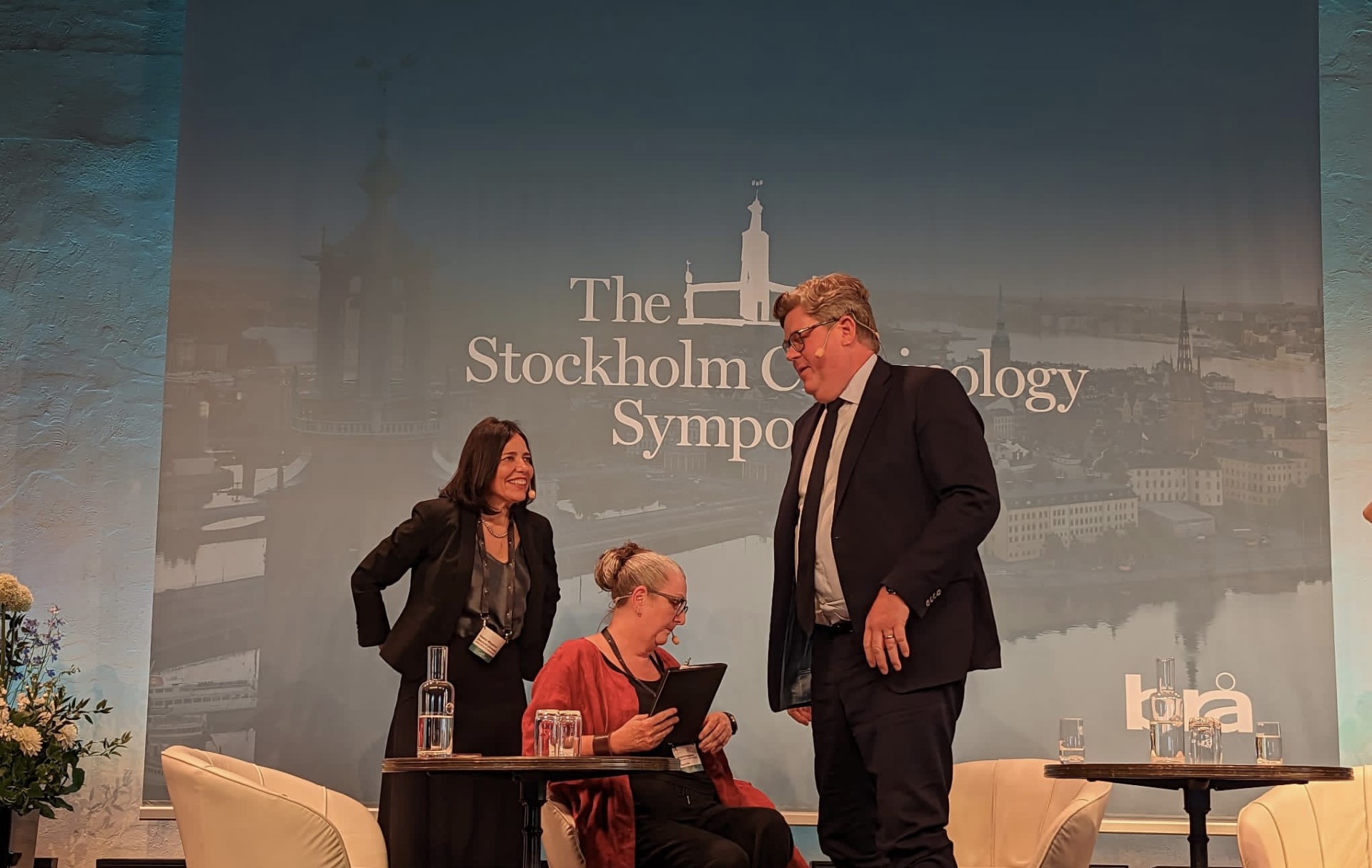
My lecture at the 2023 Stockholm Criminology Symposium
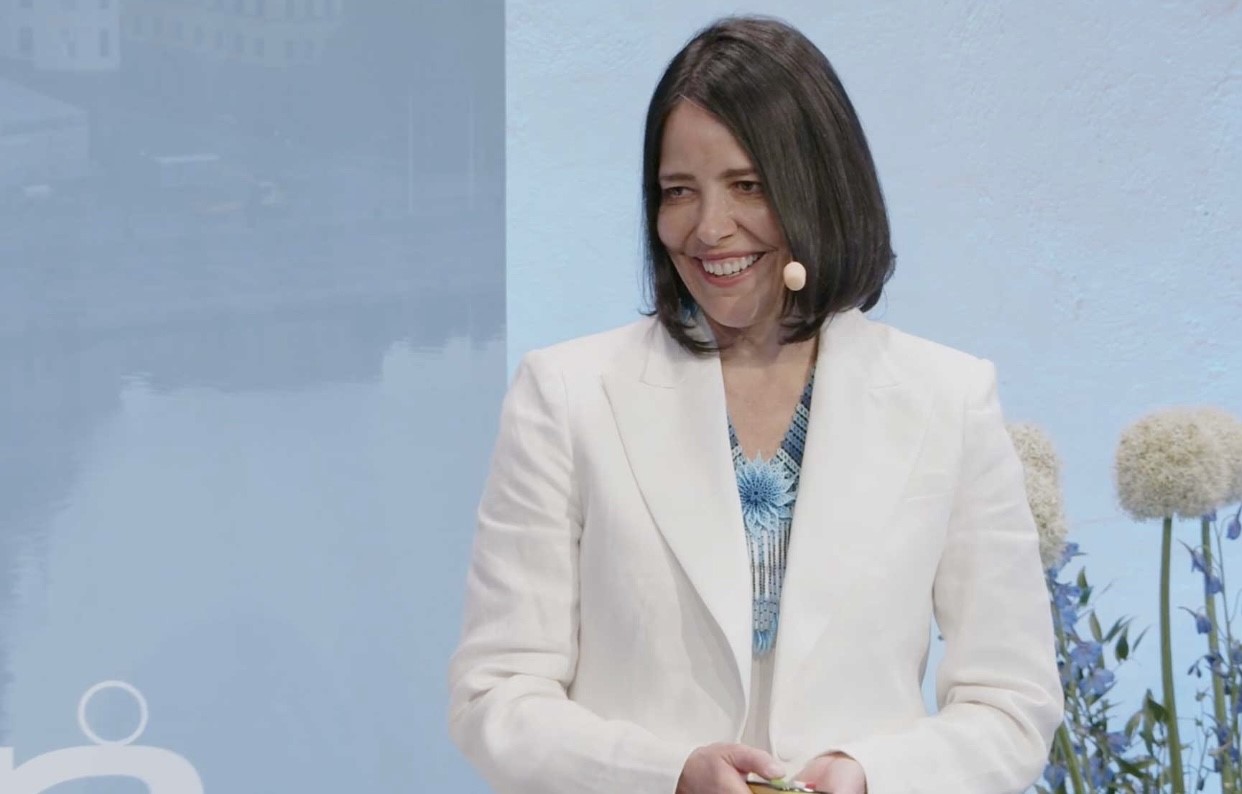
Award Ceremony of the 2023 Stockholm Prize in Criminology (I appear in minute 32 receiving the Award from H.M. Queen Silvia, and then my acceptance speech follows)
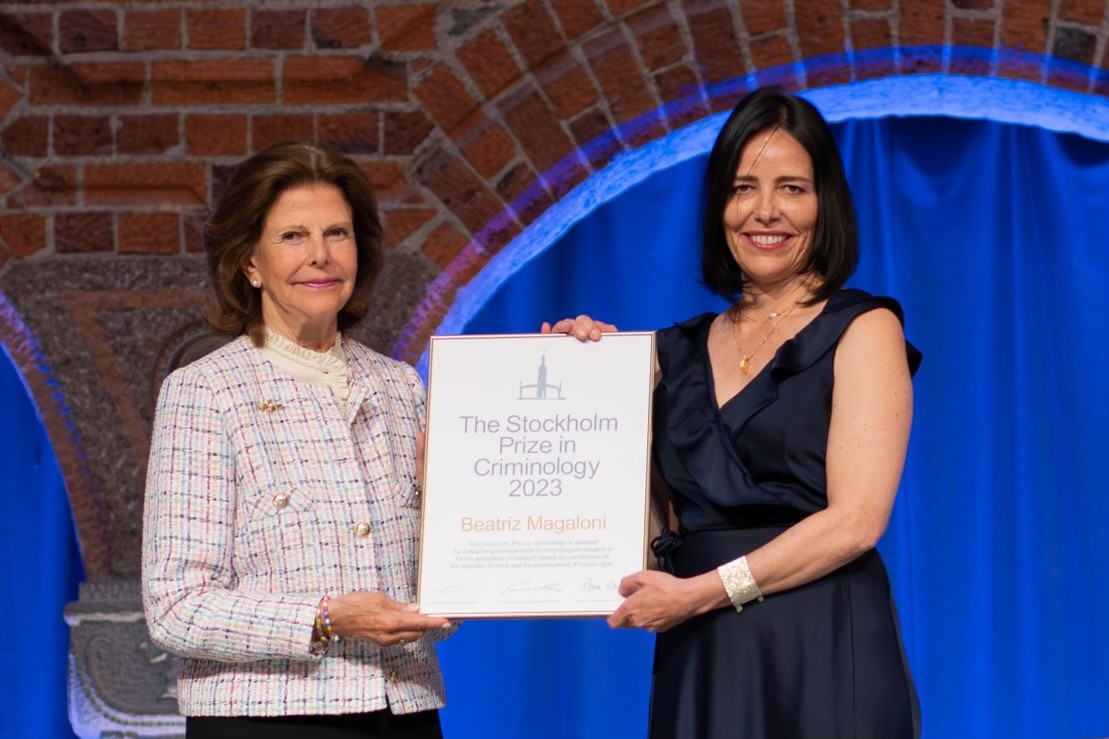
On this episode of Stanford Engineering’s The Future of Everything podcast, I tell host Russ Altman about the challenges of creating more humane policing
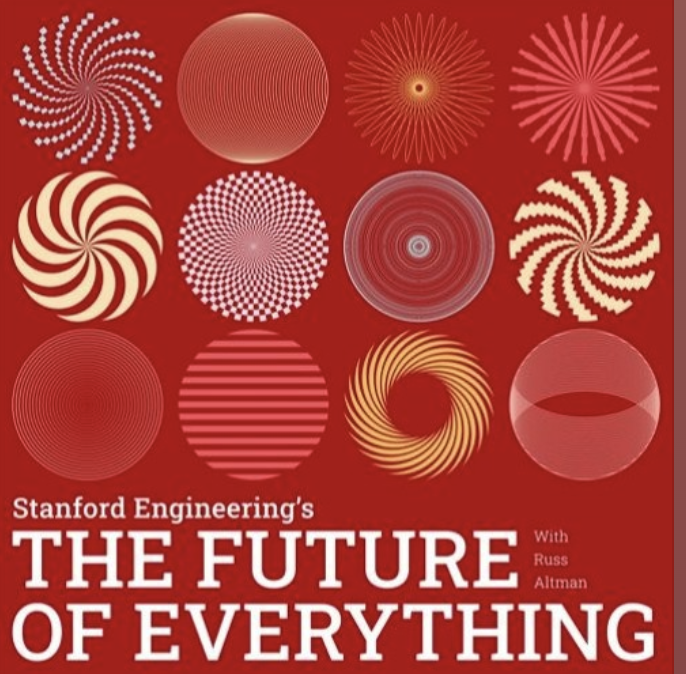
I was awarded the 2023 Stockholm Prize in Criminology. The Stockholm Prize in Criminology is the most important international prize awarded for outstanding achievements in criminological research or for the application of research results by practitioners for the reduction of crime and the advancement of human rights.
The international award, equivalent to the Nobel in criminology, has highlighted the contributions of the most prominent lawyers, sociologists, psychologists, economists, and criminologists in the field, including the late professor Joan Petersilia at the Stanford Law School. The jury for the award comprises academics and practitioners from the five continents, who select nominations made by any three individual criminologists, any society of criminology, and/or other organization applying or producing criminology.
The motivation for awarding the 2023 Stockholm Prize in Criminology to Professor Magaloni was summarized this way by the jury: "The 2023 winner of the Stockholm Prize in Criminology is the leading scholar in the world for demonstrating that major changes in policing can increase compliance with the rule of law under the challenges of high violence levels and strong popular demand to reduce crime."
Under the aegis of the Swedish Ministry of Justice, the Prize sum amounts to 1,000,000 SEK, funded permanently by the Swedish Ministry of Justice, the Torsten Söderberg Foundation, The Jerry Lee Foundation, and the Hitachi Mirai Foundation. The Award Ceremony will take place at the Stockholm City Hall during the international Stockholm Criminology Symposium, June 12-14, 2023.
The Challenges of Reimagining Policing: A Comparative Perspective, FSI seminar with Jeremy Weinstein and Beatriz Magaloni
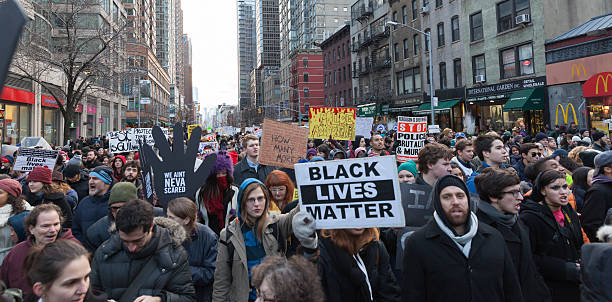
Here I am sharing a conversation with Vesla Weaver about our APSR article "Institutionalized Police Brutality: Torture, the Militarization of Security, and the Reform of Inquisitorial Criminal Justice in Mexico.” This interview and post belong the the APSR.

World Class podcast Cracking Down on Police Violence, with Beatriz Magaloni
Milenio Noticias. Para bajar la delincuencia en CdMx, crean laboratorio de seguridad.
Expansión 79.4% de las víctimas de la 'guerra' al narco pertenecía al bono demográfico.
Stanford News Stanford project to focus on police accountability, citizen trust in Mexico.
Animal Político Policía y seguridad pública en Oaxaca: hacia una reforma basada en evidencia.
Here I am sharing my podcast "The World Unpacked: Dugs, Guns and Democracy in Mexico" with the Carnegie Endowment for International Peace
Reducing Crime Podcast: PovGov Director Magaloni interviewed
In this episode (#67) of the Reducing Crime podcast, host Professor Jerry Ratcliffe interviews Beatriz Magaloni, Professor of Political Science and Director of the Poverty, Violence, and Governance Lab at Stanford University. Magaloni discusses her work on community policing with a specific ‘pacifying police unit’ in Brazil's most dangerous favelas, focusing on the different types of control exerted by criminal organizations in these areas. She explains the challenges faced by police in these environments and the importance of understanding the relationships between criminal groups, the community, and collusion with the state … and the police. Listen to the episode using the link below.
In this episode (#67) of the Reducing Crime podcast, host Professor Jerry Ratcliffe interviews Beatriz Magaloni, Professor of Political Science and Director of the Poverty, Violence, and Governance Lab at Stanford University. Magaloni discusses her work on community policing with a specific ‘pacifying police unit’ in Brazil's most dangerous favelas, focusing on the different types of control exerted by criminal organizations in these areas. She explains the challenges faced by police in these environments and the importance of understanding the relationships between criminal groups, the community, and collusion with the state … and the police. Listen to the episode using the link above, or find the full transcription of the interview here.
A Pod-cast with Russ Altman Stanford Engineering's Podcast, Russ Altman
The Future of Everything: A Podcast of my work on police violence with Russ Altman
The Future of Everything: A Podcast with Russ Altman
